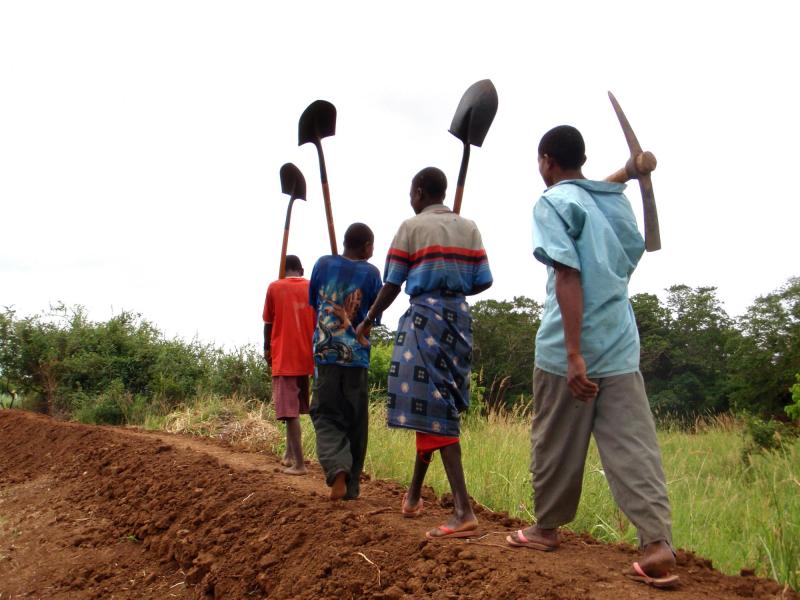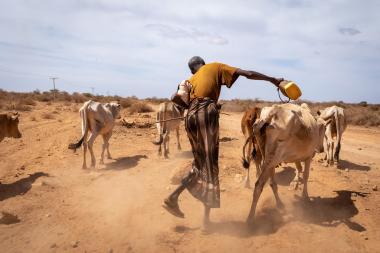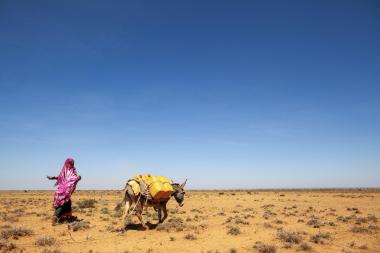Understanding the role of anticipatory action in Somalia
This brief is the first part of a series highlighting learnings that are emerging from a longitudinal study on anticipatory action in Somalia.
Over the past couple of decades, more attention has been paid in the humanitarian sector to the possibility of giving assistance based on the expectation that a crisis is coming, but before humanitarian needs are severe. Under various labels – including anticipatory action, early warning or early response, forecast-based action and livelihood protection – interest is being pushed by organisations such as the Start Network, the International Federation of Red Cross and Red Crescent Societies and the Red Cross Red Crescent Climate Centre, and UN agencies.
We prefer to use the term ‘anticipatory action’ because people facing possible crises anticipate and act. The discussion within the aid sector is better if it is not exclusively inward-looking, about the aid, but can instead focus on what everyone – affected farmers, pastoralists, businesses, local and central government, service providers and aid actors – could do with sensible anticipation and forward planning.
SPARC has already established a panel of households for regular interviews in Somalia, including Somaliland and Puntland. Because there were forecasts of poor first rains in 2021 in parts of the Horn of Africa, following on from poor second rains in 2020, the risk of a drought crisis was heightened. This opened a window of opportunity for a real-time learning exercise that could be useful for the future design of anticipatory action. By following farmers, pastoralists and traders throughout the rainy season and beyond, we aim to answer the following questions:
As shocks approach and as crises develop, what do (different) people know – about the future risk, its potential impacts and possible mitigating strategies?
What are their objectives at different times, given what they know (or what they think they know)?
What would they like to be able to do to avoid or mitigate the predicted problems?
What are their constraints to taking action? How and when could these constraints be removed?
Read the first issue brief in this series below.



